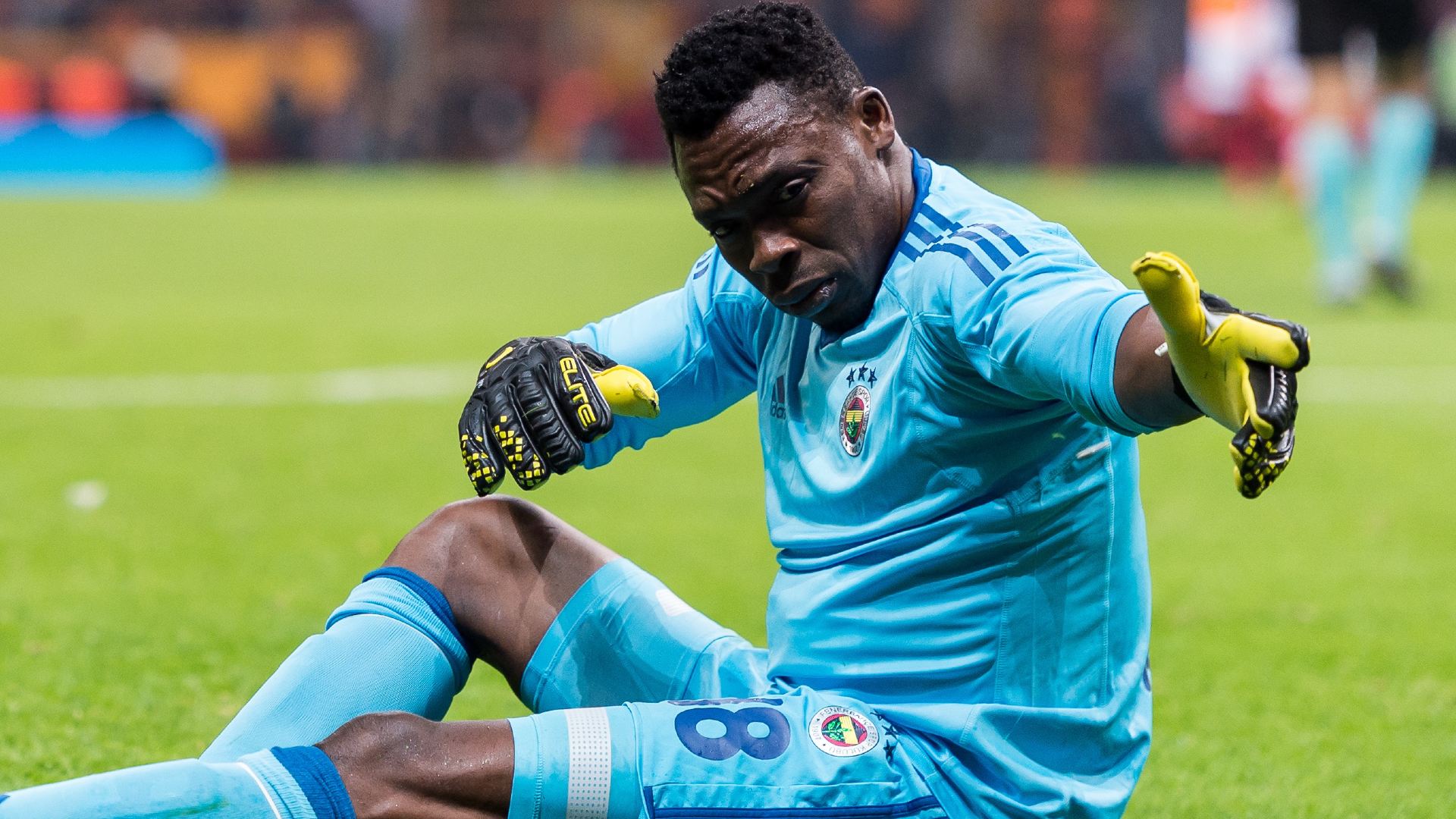Following the footsteps of his role model and mentor, a legendary Thomas N’Kono, young Carlos Kameni reached the shores of Europe after winning the Olympic gold in 2000, aged just 16.Thanks to his outstanding skills and formidable talent, Kameni became a household name in Spanish football and mainstay at Espanyol. The Cameroonian keeper set up a sensational record of 498 minutes without conceding a single goal for the Barcelona-based outfit.What followed was his five-year spell at Malaga, with whom he reached Champions League and heights of European football.Kameni and Cristiano Ronaldo during their times at La Liga (©Power Sport Images/Getty Images)Today, aged 37, Kameni still hasn’t hung his boots and plays for Djibouti’s Arta/Solar7 side. He joined them thanks to a call from his friend Alex Song…”Well, Alexander Song called me. He had been here for a year talking to me about the project that the club president had. They wanted to play the African Champions League and keep growing to build a good team with a school for children. I had been unemployed for two years and, after my problem with Fenerbahce and the pandemic, I did not have the opportunity to try out for a team, so I decided to come here to play for a season and see how things turned out, “explains Kameni for a much-respected Spanish football magazine Panenka, and adds that conditions are deplorable:”A very, very low level and with tough conditions. We train on one of the oldest artificial grass fields that cannot even be watered. It is incredible. Here are Song, Nounkeu, Diafra Sakho and Alain Traore.”Kenya ranked 102 in final 2021 FIFA RankingsAt 37, he still sees himself with the strength to return to compete with his national team and in top-level football.”Representing the colours of your country is the strongest feeling a footballer can feel. In Cameroon, they have always turned to the national team. Since we debuted, our goal has been to play for the national team. I was lucky to win titles and be in a World Cup. These are moments that have a very important impact on the life of a player. That is why I have always said that I will never close the door to the national team. Because it is my country, my blood, and it has given me everything. I will always be ready to help.”Happy birthday to legendary 🇨🇲 @FecafootOfficie goalkeeper Carlos Kameni! 🎉One of Africa’s greatest goalies 🧤🤩 pic.twitter.com/bCxjFRGQv3— CAF (@CAF_Online) February 18, 2021 Talking about his childhood, Kameni emphasizes he was born in Douala but grew up in Yaounde.”My childhood was that of almost all African children: going to school and playing in the street in the afternoons. I see the children of today, like my children, who are given balls and things like that, and I say: ‘I have never been given a ball or gloves.’ First, because my parents had no money. And second, because they did not want their son to be a footballer. For us, the street was everything. We made a ball by wrapping papers in a plastic bag. Even with a bottle, anything was good for us to play. Football here is a religion.”THU: 23.45: (2.15) PORTO (3.40) BENFICA (3.40)Asked about the fact thousands of African kids and football talents are baned to enter European countries, Kameni says:”The world is made this way. No one has the right to treat a human being badly. All this comes because of political and economic issues. If we had everything that Europe has, we would not leave our countries. We are fleeing poverty and are looking for our passion, which is football, to help our families. Anyone would kill to get to Europe if they saw the conditions here.”EXCLUSIVE: Dennis Oliech on his ups, downs and future plansRacism is one of those inevitable subjects in contemporary football, especially in Europe…”You have to stop all that “we’re going to investigate the racists” stuff, and then they go and fine them 600 euros. They should sanction at the moment and go to court. And then, if necessary, the game is stopped, and the team loses all three points. You’ll see how they won’t do it again next time. The footballers are not the ones who have to decide when to stop a game; the referees are there for that, ” concludes Kameni.

